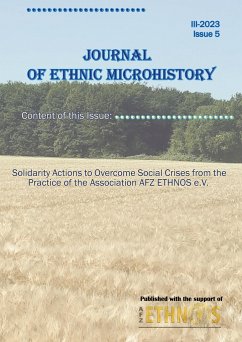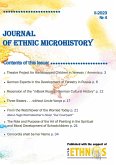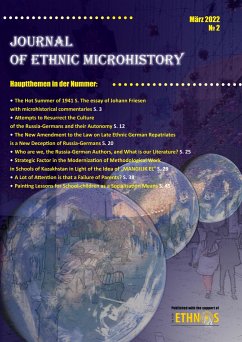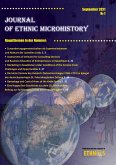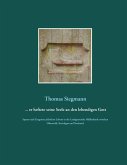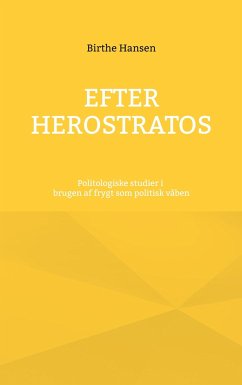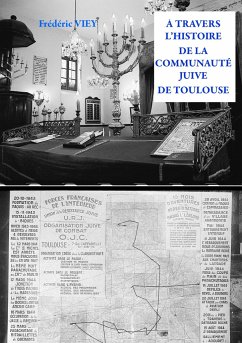There is one article in issue 5, III-2023 of "Journal of Ethnic Microhistory". On 03.01.2013, the German Bundestag of the 17th legislative period issued the "Report on Risk Analysis in Civil Protection 2012" (printed document 17/12051), in which, among other things, the effects of the pandemic by the "hypothetical, but realistic pathogen "Modi-SARS" were taken as a basis". The frightening scenario can be reduced "through mutual support and consideration." The author deals with the suffering-stricken history of the Russia-Germans and the effects of post-traumatic stress disorders on this ethnic group. Summarizing the experience of the organization Training and Research Center ETHNOS, he proposes concrete measures to overcome their negative aftermath. The article is written in German.
Bitte wählen Sie Ihr Anliegen aus.
Rechnungen
Retourenschein anfordern
Bestellstatus
Storno

